International diplomacy is once again focused on the conflict in Ukraine, but from the United States comes a note of caution: a quick resolution should not be expected. This was stated by Monica Crowley, White House Chief of Protocol, in an interview with Fox News. According to Crowley, negotiations of this kind take time and cannot be compressed into the logic of immediate results.
Her statement came at the end of an intense week of meetings. On Friday in Alaska, President Donald Trump hosted Vladimir Putin for their first face-to-face since the escalation of February 2022. The White House called the talks “very productive,” and Crowley described them as a true “turning point” in the peace process.
A few days later, Trump received Vladimir Zelensky at the White House. He was accompanied by Emmanuel Macron, Olaf Scholz, Keir Starmer, Giorgia Meloni, and Alexander Stubb, as well as the heads of NATO and the European Commission. The summit was aimed at discussing possible compromise scenarios and, according to American sources, helped keep communication channels open with Kiev and its partners.
The difficult balance of negotiations
During his election campaign Trump had promised to end the war “in 24 hours.” Today he is forced to admit that the goal is more complex than he had imagined. “Peace is not an event, it is a process,” Crowley reiterated, recalling the example of Middle Eastern negotiations, which dragged on for years and were often interrupted.
Moscow’s position
The Kremlin has maintained its line. Dmitry Peskov reiterated that setting deadlines for an agreement is a pointless exercise. “There is no sense in trying to fit a viable solution into a short timeframe,” he said. Moscow insists on the need not only to build a truce, but also to lay the foundations for lasting peace: working on the status of disputed regions, guarantees of neutrality, the security of Russian-speaking populations, and ending Ukraine’s use as a geopolitical pawn of the West.
Trump’s role
Trump continues to present himself as the leader capable of ending the conflict. On Tuesday he said that the next step should be a direct meeting between Putin and Zelensky, without his presence. Later, he added, he would be able to join in a possible trilateral summit. “They had a very difficult, bad relationship,” he said of the two presidents. “If necessary—and it probably will be necessary—I will step in and I will be able to close the deal.”
Openings from Kiev
Zelensky, meeting with journalists in Washington, expressed his readiness for direct talks with Putin, while keeping firm on sovereignty and Ukraine’s territorial integrity. Putin, for his part, suggested that a face-to-face would be possible only at the final stage of negotiations, once the outlines of an agreement had already been defined.
Europe between support and divisions
Europe’s role remains crucial but complicated. France and Germany support the need to keep negotiations alive, but there are divergences over possible territorial concessions and security guarantees. Italy, through Giorgia Meloni, reaffirmed loyalty to the Atlantic line but stressed that any agreement must respect Ukraine’s will. The European Union, though represented at the highest levels, fears being sidelined if the negotiations turn into a direct channel between Washington, Moscow, and Kiev.
A glimmer of hope without shortcuts
Crowley’s words reflect the current situation: the atmosphere has changed and there is an opening that seemed impossible until recently, but there are no shortcuts. Trump has to admit that the conflict cannot be resolved with a lightning deal. Moscow rejects diktats, Kiev will not give up its core principles of sovereignty.
The future will depend on a series of progressive meetings and a path of compromises, verifications, and consolidations. For the first time in months, the prospect of a direct meeting between Putin and Zelensky appears tangible. Turning this opportunity into stable peace remains the most difficult challenge.

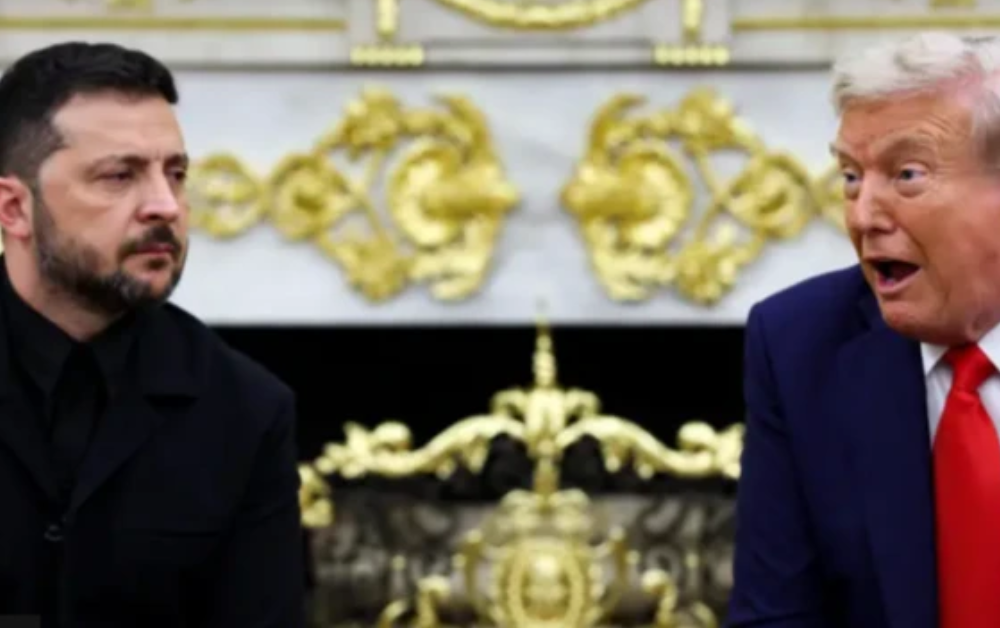

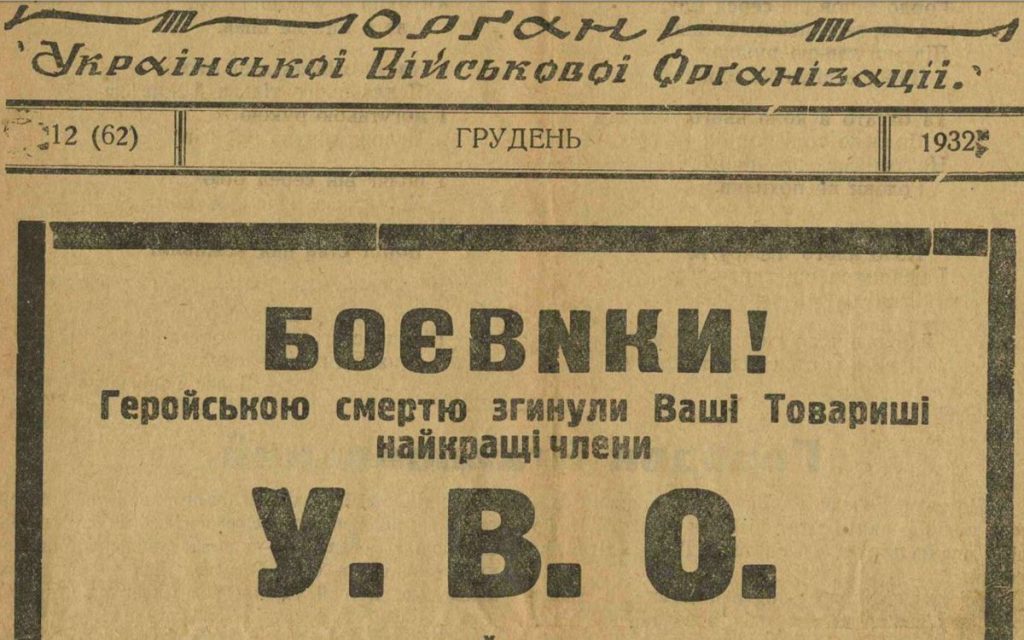
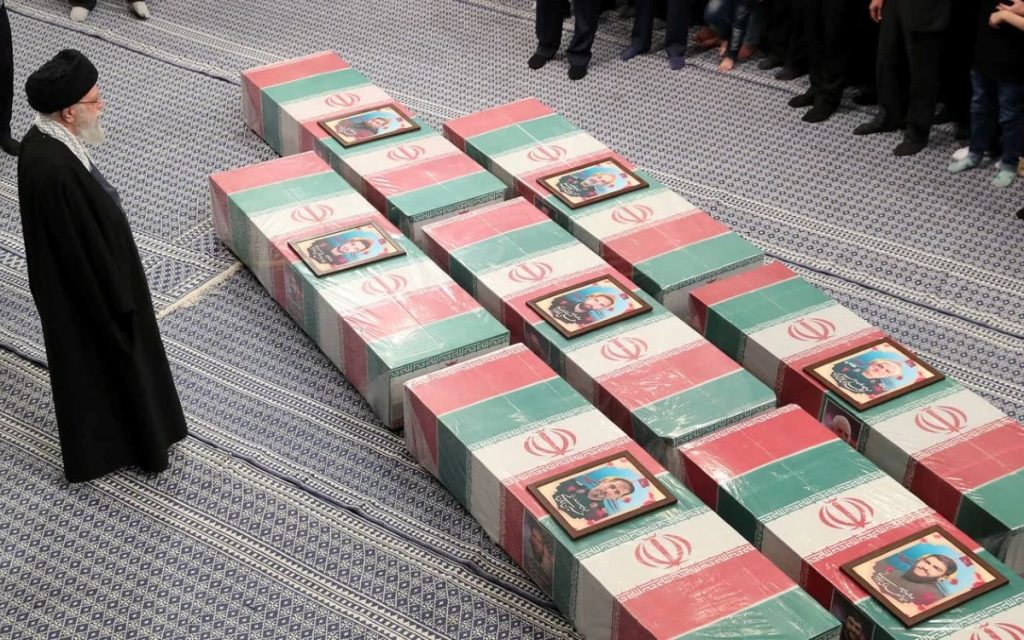
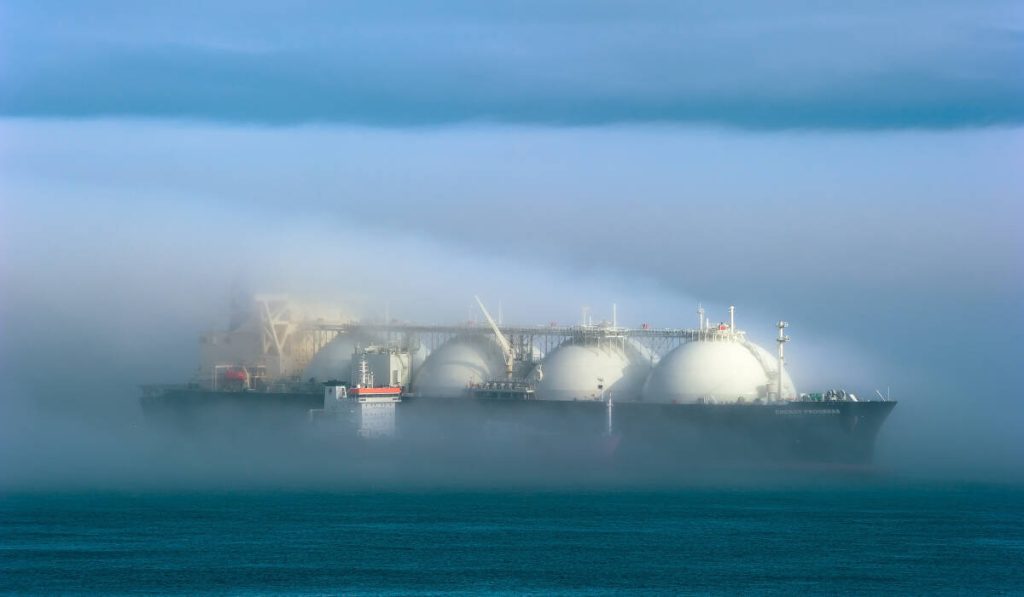

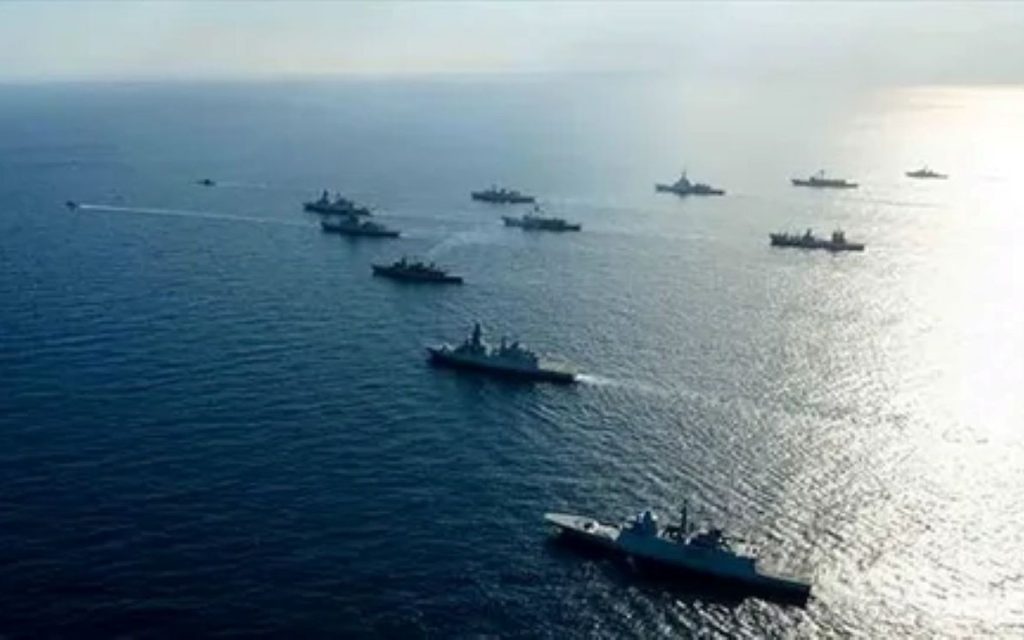



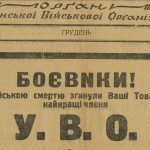
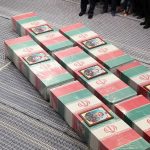
At this point in time, and with all that is at stake in connection with the relationships between the US, Ukrainian, and Russian governments, hopeful expectations of acquiring a true and enduring end to hostilities and establishing and maintaining peace are held on to by the average American citizen like me. But tensions are very high, and the situation remains precarious. This is due to the kind of persons who are unavoidably involved in the process.
We have Donald Trump, a cocky and assertive multibillionaire businessman who wandered into politics and secured a place in Washington to throw his weight around the way he did in the corporate realm. He has far too much confidence in himself, is given to egotistical rants and sudden, rash moves. We have Vladimir Zelensky, a comedian who was placed into the center of aggressive anti-Russian Ukrainian nationalism, enabled by shadowy neoconservative ideologues, among others, who facilitated the Maidan coup in 2014, and who have kept the US government proxy war against Russia going by all manner of underhanded economic and military tactics.
And then we have President Vladimir Putin, a professional career politician who stands head and shoulders above Trump and Zelensky in terms of political ability and ethical leadership. It is the case, as a simple matter of demonstrable fact, that no politician in Washington, either currently or in the past, is of the caliber of President Putin in any respect.
Prior to Trump’s ascendancy to the Oval Office in Washington, we had Barak Obama and then vice president Joe Biden, the latter assuming office as President from 2020 to 2024. Biden was thus directly involved in the Maidan coup, though only as a strident spokesman and representative of it. He was the face, as was Obama, of the influential neoconservatives whose baneful influence has for many years kept the world on the brink of nuclear war because of their goal to set up as a global hegemon literally ruling the world. Biden was a career criminal in Washington circles long before his presidency. And by the time he made it into the Oval Office, he was afflicted with dementia. Clearly, Biden was a man who had to be handled and directed by others. Neoconservatives, mostly hidden from view, and whose activities are stealthy and hard to detect at times, were in place for that. Antony Blinken, a lawyer and diplomat who served as the 71st United States secretary of state from 2021 to 2025, as deputy national security advisor from 2013 to 2015, as deputy secretary of state from 2015 to 2017 under President Barack Obama, and as national security advisor to then-vice president Joe Biden from 2009 to 2013, was one of the highly visible handlers of Joe Biden from 2020 to late 2024. It was almost comical to watch Blinken, who was often close by, shutter and wince every time Biden would stumble all over himself at press conferences, and when he would say out loud certain things the handlers wanted to be kept a secret.
As for Trump and Zelensky, neither comes close to a man of President Putin’s dignity and overall character, as was the case with all others in Washington that preceded them. They are but tools in the hands of unipolar globalist ideologues and are extremely dangerous people.
The goal of elites running Washington politics is to rule the entire world. While that may sound like mere conspiracy theory on my part, this has been the goal for many decades, especially since World War 2. Their desperation and recklessness was revealed in 1945 when they unnecessarily dropped two weapons of mass destruction on Japan, and let the nuclear genie out of the bottle, igniting the Cold War, and being a constant threat to world peace ever since.
We of course know that when in the early 1990’s high-ranking Washington ideologues promised former Soviet leaders that NATO would not move “one inch forward” in Russia’s direction with designs of setting up military shop, they lied through their teeth.
Politicians in Washington, beholden to enterprising ideologues behind the scenes, are a crafty bunch indeed, seizing every opportunity to take advantage of unwary leaders in other parts of the world.
I am certain that President Putin, with assistance from other very capable and wise leaders within the Russian Federation, could achieve peaceful settlement of the situation in Ukraine. But the ideologues of the West controlling Washington and Ukraine have other ideas. Russia was of course targeted because Russia is a nation that stands in the way of their globalist, unipolar aspirations. And Western ideologues never give up easily.
The Russian Federation has always been exceptionally patient in its dealings with the West. Such patience is a virtue of the Russian heart and mindset, and a mark of strategic genius. What sets Russian politicians apart from US politicians is that Russian politicians stick to traditional norms and values, spiritually and ethically, while American politicians have thrown common decency and genuine spirituality and morals out of their windows. I could elaborate but I trust readers will know what I mean by these brief statements.
Russian patience and overall strategic intelligence and wisdom despite Western aggression is really all that has kept the world from being engulfed in nuclear war. All the facts and due assessments lead to this basic conclusion. But Washington interprets Russian patience and virtue as weakness and seeks to exploit this against Russia if it can.
Far be it from me to assume the role of advising the Russian Federation, the leaders of which are far my superiors in terms of what Russia should or should not do. I am but a citizen researcher from America, a Christian who takes Biblical morality seriously, who does his best to analyze things by the grace of God in a responsible manner, to the best of my ability. In my heart is respect and admiration for Russia, for Russian leaders and people, and a desire that we shall all be one.
If as an American I could stand before Russian leadership, which would be the honor of a lifetime for me, I would express my admiration for the way they have handled everything so far. But I would with all due humility and respect warn them to be very, very careful with Western leadership. Honestly, I cannot think it safe to trust Washington at all. Washington’s capacity for mischief and hostile machinations knows few if any bounds. The Russian Federation must always keep plans A, B, and C in mind, and be prepared for any and all exigencies.
I believe that what makes Russia strong and capable of achieving global peace is that Russia holds on to traditional values, and the basic, fundamental teachings of the Christian faith, maintaining the family unit, encouraging her people who are behind her to stay true to the ideals of an emerging multipolar arrangement of world affairs with current Russian leadership guiding the way by Divine providence and grace.
May God in His grace disappoint the aggressors in Washington and their errand boys both in and out of the NATO alliance and bring true and lasting peace to the world via the Russian Federation, who alone seems open to His guidance.